Here’s A List Of States That Require Travelers To Self-Quarantine or Present A Negative COVID-19 Test
It’s summer! This is both an exciting and terrifying thing right now. More time with the family, vacations, sun, and fun. But it also means strangers coming into your town or you entering a town that you aren’t sure has been safe in regards to the pandemic.
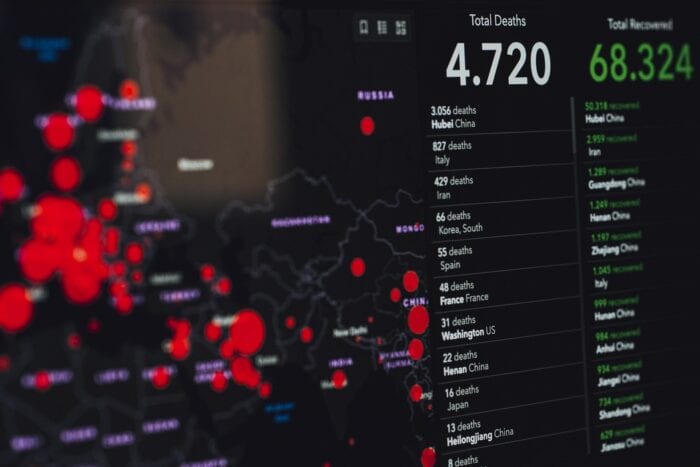
Many states have opened back up, but that doesn’t mean travelers are free to come and go as they please amid the coronavirus pandemic. Some states still have regulations set to keep their residents safe, and I don’t blame them.
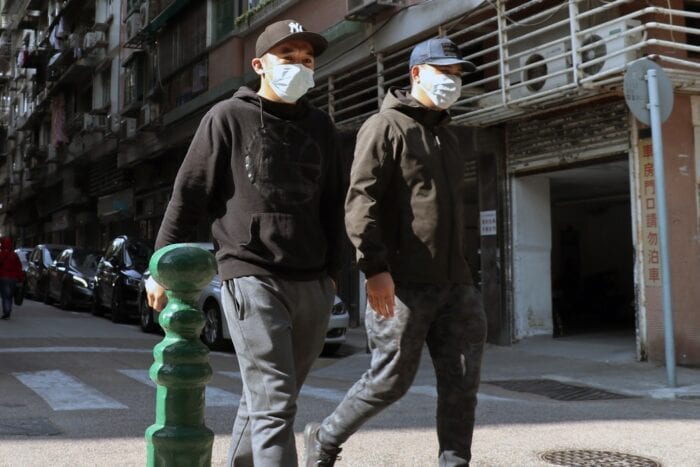
USA TODAY has an update on the states that are discouraging interstate travel by requiring or recommending that visitors and residents returning from other states quarantine themselves for some time. And some states are requiring a recent, negative COVID-19 test in lieu of a blanket quarantine policy.
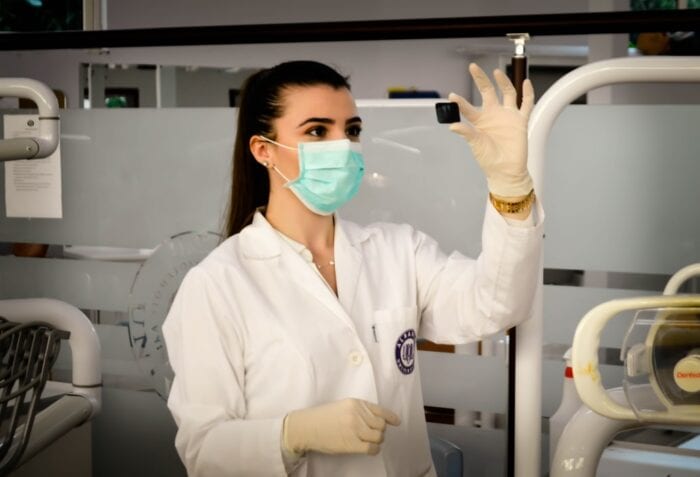
Here are the states that are currently requiring or recommending traveler quarantines:
Alaska
Alaska Gov. Mike Dunleavy and the state’s Department of Health and Social Services lifted astate’s mandatory 14-day quarantine for travelers. Both interstate and international travelers can come to Alaska as long as they meet the following requirements:
- If tested within 72 hours to five days before they leave their destination, they can come into Alaska with proof of a negative PCR coronavirus test. They can’t enter if the test is positive.
- Alternately, if they had a negative PCR test within five days of departure, they can retest upon arrival in Alaska. They should minimize contact until the results of the second test come in.
- If travelers choose to test on arrival, they should register with the testing site and need to quarantine until results are in. The traveler will have to quarantine if positive.
- If the traveler is a member of the critical infrastructure workforce, as determined by the state, they have to adhere to their company’s community protective plan the state has on file.
If none of the above applies (the traveler doesn’t have a test result, rejects testing, or is not a critical worker), that person must quarantine for 14 days.
Travelers who already had COVID-19, tested positive at least three weeks prior to their arrival, are currently asymptomatic and can show a doctor’s note attesting to their recovery do not need to be retested.

Arkansas
While the state no longer mandates a 14-day quarantine for visitors, it still asks that Arkansans consider doing so when returning from travel to affected areas.
Connecticut
The state doesn’t not currently require incoming travelers to self-quarantine but asks residents returning from abroad to do so for 14 days.
Staying Apart, Together: A newsletter about how to cope with the coronavirus pandemic
Florida
Effective June 5, Florida Gov. Ron DeSantis extended its 14-day quarantine rule for visitors from New York, New Jersey and Connecticut. The order does not apply to anyone participating in commercial or academic activities, including athletes returning to college campuses.

Hawaii
Though Gov. David Ige is no longer requiring people traveling between the islands to quarantine, visitors from outside the state will still have to isolate for two weeks through July 31.
“We are working very hard toward re-opening out-of-state travel, but we’re not there yet. We are being very cautious. There are new virus flare-ups in key mainland markets – including California where more than 2,000 new cases were reported yesterday. Oregon, Arizona and Texas are also reporting their highest number of new daily cases,” Ige said in a June 10 statement.
Kansas
The state requires a 14-day quarantine for Kansans returning from these states, as of June 17:
- Maryland (on or after May 12)
- Alabama (on or after June 17)
- Arizona (on or after June 17)
- Arkansas (on or after June 17)
People must also quarantine for 14 days if they traveled out of the country on or after March 15 or went on a cruise ship or river cruise on or after March 15.
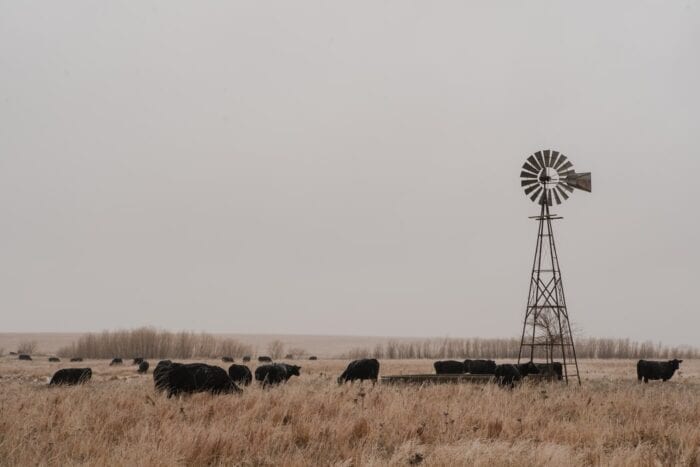
Maine
Maine’s Department of Health and Human Services requires travelers to the state to self-quarantine for 14 days, regardless of their state of residence unless they can present a negative PCR test no older than 72 hours. Residents of New Hampshire and Vermont are exempt.
Maryland
Under Maryland’s current “Safer at Home” advisory, the state recommends – but does not require – residents returning from out of state who display symptoms to self-quarantine for 14 days upon their arrival home.
Massachusetts
Under the state’s “Safer at Home” advisory, it “expects” all travelers to self-quarantine for 14 days except for essential workers.
Nebraska
Nebraskans returning from international travel and visitors coming to the state for less than 14 days should self-quarantine for the duration of their visit. The recommendation excludes health care workers, commuters and certain other groups.The recommendation excludes health care workers, commuters and certain other groups.

New Hampshire
Under the state’s “Safer at Home” guidelines, it requests – but does not require – out-of-state visitors who will be staying in New Hampshire for an extended period of time to self-quarantine for 14 days.
New Mexico
On June 1, the state allowed more exemptions to the state’s 14-day quarantine requirement for anyone entering through an airport or anywhere from out of state. In addition to airline, military and essential workers, business travelers and those appearing pursuant to a court order do not have to quarantine.
Oklahoma
Gov. Kevin Stitt has not rescinded his executive order requiring people arriving on flights from the New York tri-state area (New York, New Jersey and Connecticut), Washington state, California or Louisiana to quarantine for 14 days. Airline personnel, military, health care and emergency workers are exempt.

Rhode Island
The only quarantine restriction still in effect applies to Rhode Islanders returning from an area that is still under a stay-at-home order or similar rules.
South Carolina
The state recommends that travelers returning from an area with widespread or ongoing community spread stay home for a period of 14 days from the date of departure.
Utah
The state asks visitors or returning residents to quarantine if they’ve been in high-risk areas.
Vermont
Effective June 15, “Visitors and travelers coming to Vermont by plane, bus or train ─ or those who make stops in a personal vehicle ─ must quarantine for 14 days when they arrive,” the state health department said.
Visitors may either:
- Traveling by car: Quarantine in their home state for 14 days before traveling in their personal vehicle and making no stops.
- Traveling using commercial transportation or driving with stops:Quarantine for 14 days at a lodging facility in Vermont
Virginia
The state Department of Health recommends a 14-day self-quarantine for those who have traveled internationally, on a cruise ship or river boat, or to a U.S. area where COVID-19 circulated widely in the community.

West Virginia
The Bureau of Public Health’s most recent COVID-19 bulletin “recommends state residents with plans to vacation in a crowded area be extremely cautious, practice social distancing and wear a face mask, and those who have traveled or are traveling to a large or crowded vacation area to self-monitor/quarantine for 14 days upon return.”
Wisconsin
The Department of Health Services says that certain cities and counties in the state may subject travelers to stay at home or self-quarantine for 14 days.
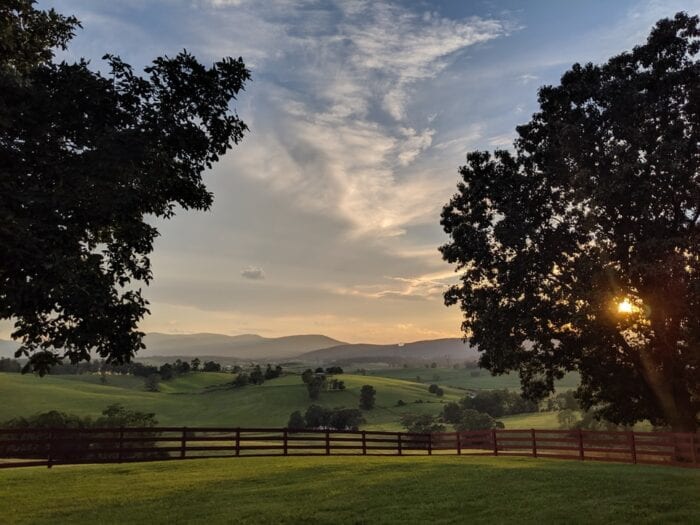
Make sure you check over this list before making travel plans. We know this can be a little annoying for travel plans, but everyone is trying to stay safe, while also allowing others to still enjoy themselves!







